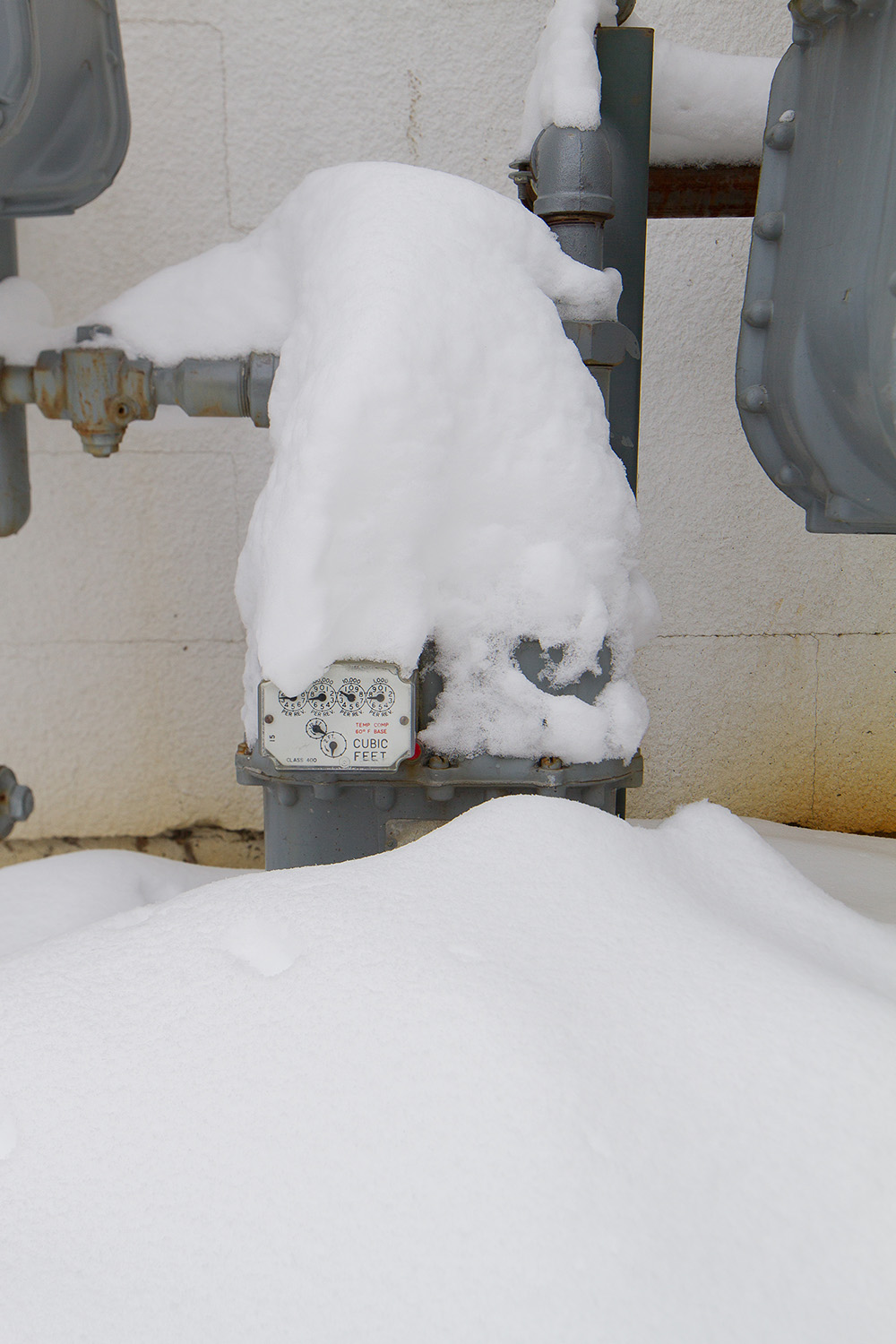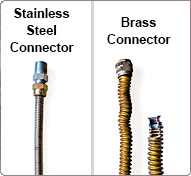Natural Gas Safety
Your safety has been and continues to be our top priority. We are committed to the safe and secure delivery of natural gas and to investing in our processes and people to meet our fundamental responsibility of providing safe, reliable energy.
We add a distinctive, harmless chemical odor to the natural gas we deliver to you. This smelly (rotten egg or rotten cabbage), sulfur-based odor will help you detect gas leaks that might occur in your home, business or neighborhood.
Call MGE's Emergency Response Line:
- 608-252-7000 for Madison-area calls.
- 1-800-245-1125 for long-distance calls.
For your safety:
- Evacuate the area immediately and warn others to stay away.
- Do not touch anything that might create a spark (light switch, telephone, cell phone, garage opener, etc.).
- Call 911 from a safe distance.
- Call MGE's emergency response line.
If your pilot light is out
Read the manufacturer's instructions so you know what type of ignition is on the furnace or appliance. Be sure to check the instructions and follow them exactly as described. If you aren't sure what to do, call a qualified service technician.
Before you dig
If you are planning a project that requires digging, be sure to call Diggers Hotline at least three working days before you begin. Participating municipalities and utilities can then mark the location of any underground lines on your property. Damaging a gas or electric line is not only dangerous, it also will be expensive if you have not contacted Diggers Hotline ahead of time.
Scratch and sniff
MGE customers who receive a paper bill also will receive a scratch-and-sniff bill insert every other year. The insert is distributed to help households identify the smell of natural gas used for heating homes and water, cooking and drying. (If you're signed up for paperless billing and would like to receive a scratch-and-sniff insert, please call MGE at 608-252-7000.)
Maintaining gas equipment

Meters
We want you to be safe when the snow piles up. That’s why we recommend you keep the area around gas meter equipment clear of snow and ice. Be sure to carefully remove heavy snow and ice by hand to avoid damage to the meter.
Blocked vents can cause furnaces and water heaters to shut down, potentially leading to a buildup of carbon monoxide or costly service call. Use a long screwdriver to carefully clear snow and ice from the end of the pipes.
Gas connectors

Flexible gas connectors are corrugated metal tubes most often used to attach natural gas appliances, such as a gas range or clothes dryer, to a home or building's natural gas supply pipes. Older, uncoated brass flexible gas connectors can corrode or break and cause a serious gas leak, fire or explosion.
Any flexible appliance connector made of bare brass should be replaced immediately with a new stainless steel connector or a plastic-coated brass connector certified by the American Gas Association.
Warning: Do NOT attempt to check the connections yourself. Moving an appliance to check the gas connector may cause the connector to break, resulting in a gas leak, fire or explosion. Instead, have a qualified person, such as a professional plumber or HVAC or appliance repair contractor, inspect the appliance connector for you and replace it if necessary.
If you have a natural gas appliance that is more than 20 years old, it is a good idea to have the gas connector replaced. Connectors should always be replaced whenever the appliance is replaced or moved from its location.
Clothes dryer vents
Flexible white plastic dryer vent hoses are unsafe because the ribbed surface restricts airflow and lint can build up in the vent and dryer. This buildup can cause overheating and dryer fires and the plastic hose can burn, spreading the fire.
To avoid dangers, be sure to:
- Clean the lint filter with every load.
- Replace white plastic vent hose with metallic vent pipe.
- Buy packaged duct only with UL listing.
- Connect the duct with solid metal elbows at the dryer and vent cap.
- If you already have a metal vent, clean it out at least once a year.
- Clean lint from the vent where it exits the wall.
- Check that the outside flap opens when the dryer is running.
Stay Safe!
If you suspect a gas leak inside or outside your home, leave the area immediately and call MGE at 608-252-7000 day or night.

